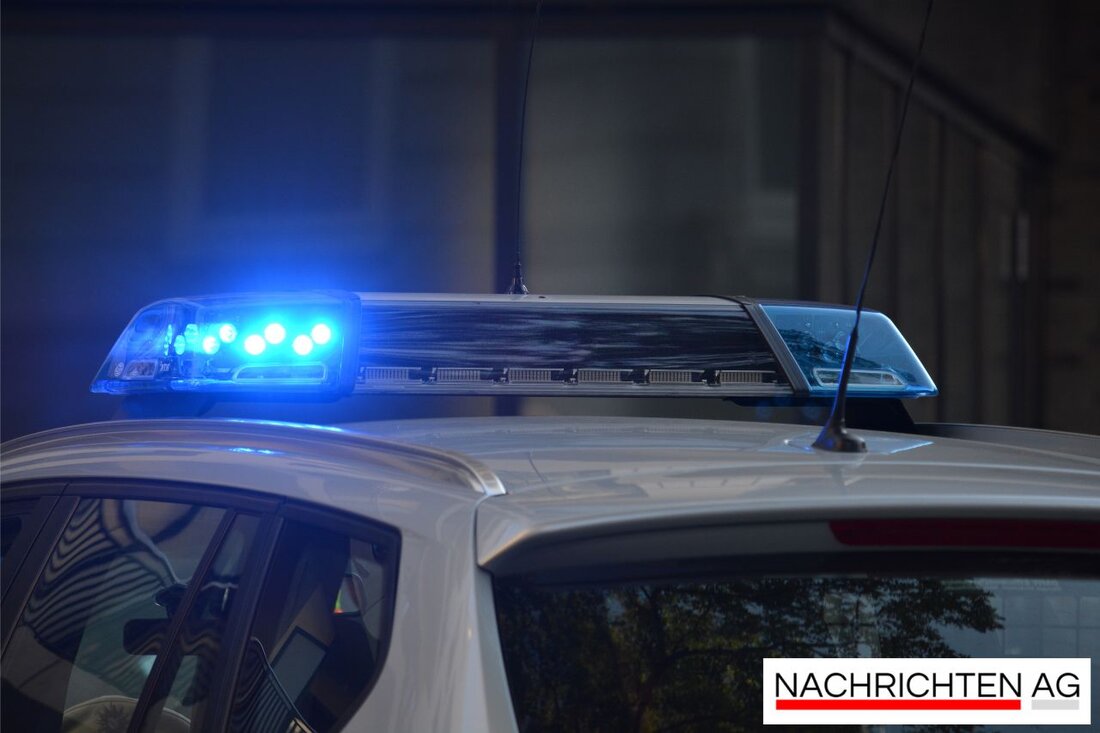Illegal car racing in Britz: Police catch speeding triangle!
Motorway police forces stop an illegal car race in Berlin. Arrests and investigations are ongoing.

Illegal car racing in Britz: Police catch speeding triangle!
On the night of September 27, 2025, there was a dangerous race between two vehicles on the BAB 100, which attracted the attention of the motorway police. As berlin.de reports, a Mercedes and an Audi exceeded the speed of 170 km/h and overtook a plainclothes patrol crew. Despite the high speed, the drivers continued their risky maneuver with dangerous lane changes.
In the Britz tunnel, the participants briefly reduced their speed before the Audi left the motorway at the Buschkrugallee junction. The emergency services were able to stop the 28-year-old driver of the Audi at the Buschkrugallee/Hannemannstrasse intersection. His driver's license was confiscated, as was his vehicle. The driver and his three passengers were allowed to continue on foot while the investigation, particularly into the Mercedes driver, is being carried out by a specialist commissioner from Police Department 4.
Dangerous driving behavior on the rise
This incident is part of a worrying development in Germany. Numerous reports point out increasing dangerous driving behavior, particularly among young men. According to br.de, traffic psychologists differentiate between three types of speeders: kick-seekers, intoxicated offenders and border-crossers. Young adults between the ages of 18 and 25 are particularly affected, as they are often characterized by overconfidence and a lack of experience in their driving skills.
These behaviors are often fueled by a desire for status and self-confidence, to which the availability of high-powered vehicles also contributes. Car rental companies that pursue aggressive marketing strategies for these vehicles contribute to this problem by not placing an age limit on high-performance cars. As a result, more and more young men are becoming involved in illegal street racing, a situation that has recently led to a worrying increase in accidents.
The search for solutions
The legal framework exists to take action against speeders, but the sentences are often perceived as disproportionate. SWR points out that judges decide each case taking individual circumstances into account, which leads to different punishments. The so-called speeder paragraph enables the police to take measures against participants in illegal races. Nevertheless, general skepticism about the effectiveness of preventative measures seems to be growing.
The motives for speeders are diverse: many young men see illegal car racing as an expression of freedom, power and prestige. It should also be taken into account that participants often come from difficult social backgrounds. The challenges in prevention and the influence of society on the behavior of these young men pose major problems for the authorities.
In the discussion about possible solutions such as a general speed limit on motorways, it remains to be seen whether these can actually bring about changes in the behavior of young drivers. Simple educational approaches often do not seem to work, and the integration of increased controls is a recurring suggestion to prevent the impending disaster on German roads.

 Suche
Suche
 Mein Konto
Mein Konto
